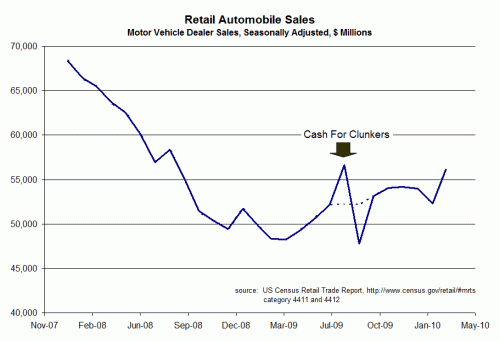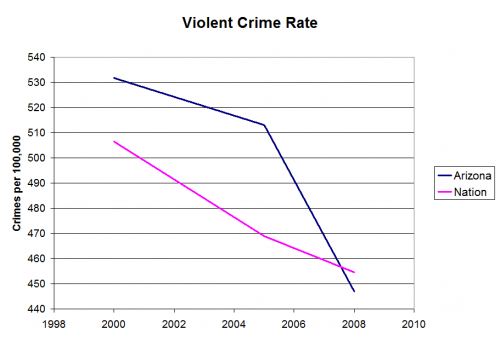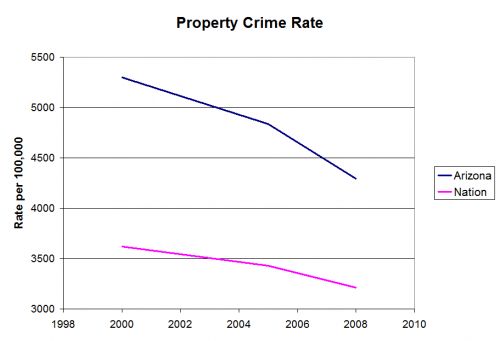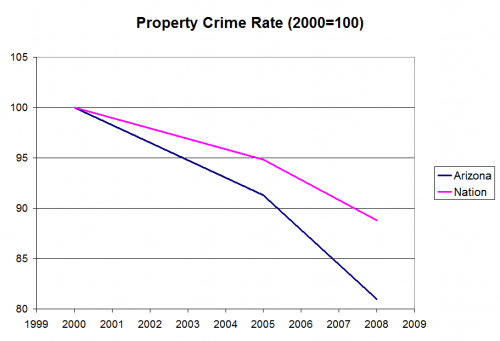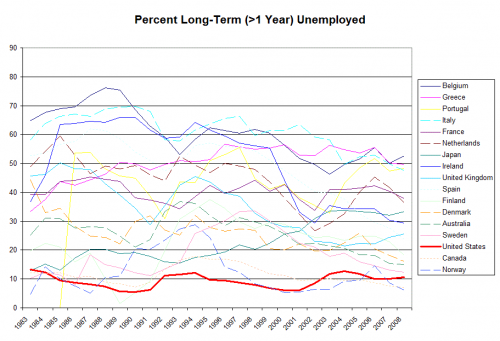It is pretty much a law of nature that issuers of securities hate short-selling. They have tried for years to paint it as somehow unethical or at least unseemly, though it has always befuddled me as to why short-selling is any different than taking a long position on a security. In both cases one is making a bet on future prices of the underlying asset, the only difference is in the direction.
But issuers of securities, whether they be corporate equities or government bonds, generally have strong personal incentives to see asset prices go up, or at least remain flat. No CEO thinks short-selling is justified, but in fact the ability to sell short is critical to having quality pricing signals (see below for a discussion of how short-selling helps limit bubbles).
Of course, Corporate CEO's may gripe about short sellers, but they basically have to just live with them. But governments are different. They can actually ban what they don't like and have done so now in Germany. What's next, a law saying that once you have bought a government security you are never allowed to sell it?
Postscript: Here is an example of how short selling reduces volatility. First, some background
Chester Spatt, who was chief economist at the U.S. Securities and Exchange Commission from 2004 to 2007, said that Germany's short-selling ban would probably end up causing more market turbulence and not less.
"Like many types of well-intentioned regulation, this is likely to misfire," he said in an interview. "During our financial crisis in 2008, there was a ban on short-sales for about three weeks .... That ban was very counterproductive. It didn't help stabilize asset prices at all."
Here is an example of why this happens, as I discussed in an earlier post during that temporary US ban:
At the start of the bubble, a particular asset (be it an equity or a commodity like oil) is owned by a mix of people who have different expectations about future price movements. For whatever reasons, in a bubble, a subset of the market develops rapidly rising expectations about the value of the asset. They start buying the asset, and the price starts rising. As the price rises, and these bulls buy in, folks who owned the asset previously and are less bullish about the future will sell to the new buyers. The very fact of the rising price of the asset from this buying reinforces the bulls' feeling that the sky is the limit for prices, and bulls buy in even more.
Let's fast forward to a point where the price has risen to some stratospheric levels vs. the previous pricing as well as historical norms or ratios. The ownership base for the asset is now disproportionately made up of those sky-is-the-limit bulls, while everyone who thought these guys were overly optimistic and a bit wonky have sold out. 99.9% of the world now thinks the asset is grossly overvalued. But how does it come to earth? After all, the only way the price can drop is if some owners sell [remember, we are discussing a world where naked shorting is banned], and all the owners are super-bulls who are unlikely to do so. As a result, the bubble might continue and grow long after most of the world has seen the insanity of it.
Thus, we have short-selling. Short-selling allows the other 99.9% who are not owners to sell part of the asset anyway, casting their financial vote for the value of the company. Short-selling shortens bubbles, hastens the reckoning, and in the process generally reduces the wreckage on the back end.
Without short-selling, the only folks involved in the price-discovery process are those who have self-selected as being more bullish than average. Short-selling vastly broadens the number of people, and thus the perspectives and information, involved in the pricing process.
I think "cargo cult" is a great moniker for this kind of regulation. The price of European bonds are declining as lots of people sell? Then lets ban selling, that will take care of the problem. Just ignore that large government deficit behind the curtain.
